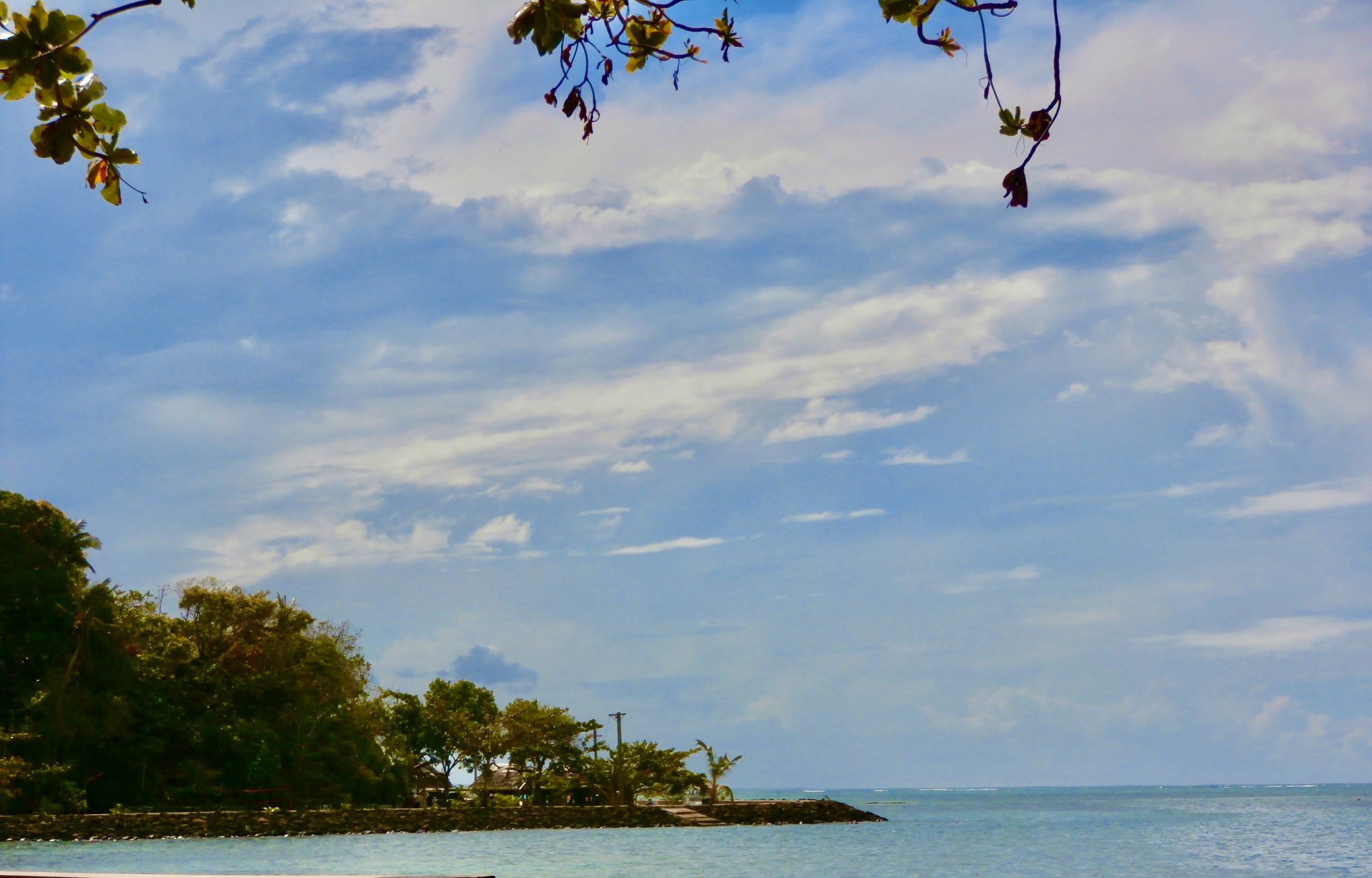Tautua: Women’s Activism, Education, and Disability Advocacy in Sāmoa
Juliann Anesi
Gender Studies
UC Los Angeles
Pacific Islands women have been at the forefront of social movements as cultural keepers and agents of change, yet their stories are rarely celebrated. My book manuscript, “Tautua: Women’s Activism, Education, and Disability Advocacy in Sāmoa” is an ethnographic and social history study of Samoan disabled and non-disabled women’s disability advocacy. Their activism created two schools, Aoga Fiamalamalama and Loto Taumafai, the first educational institutions to teach students with intellectual and physical disabilities. The intersection of Samoan disabled identity construction, ableism, and decolonization has yet to be studied. My project examines and contextualizes the development of these schools for disabled people within the history of education after the country gained independence in 1962 from the New Zealand and German administrations. The particulars of these interactions make it difficult to generalize a monolithic disability perspective across geo-political and socio-political spaces. More importantly, what can disability activism in Oceania or the Pacific Islands teach us about interdependence and sovereignty?

